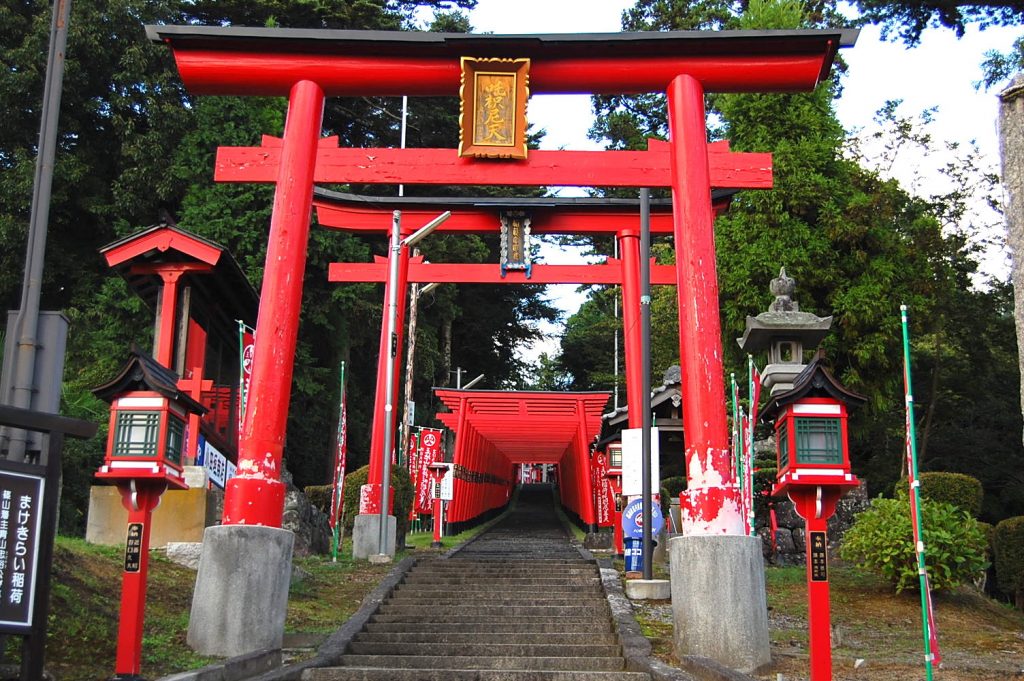
Living in a completely foreign culture is sometimes the best way to get insights into your own culture, to be able to see things that are so obvious they’re hiding in plain sight, thus require your looking at them from “the outside” to make them apparent.
On a lighter note, let me append to that how utterly amazed I am by my talent for coming up with genuinely stupid questions about Japan, its customs, its culture, its people.
The particular one I’m about to reveal isn’t really that bad . . . maybe only 4 or 5 on the cluelessness scale. Here it is . . .
A few years back I asked my wife Masumi — who displays monumental patience with me, probably because she knows I’m truly curious about Japan, not inclined to make nugatory small talk — about the architectural manifestations of “spiritual life” here. The question: “Why are there so many shrines and temples here in Japan, darling?” (Okay . . . I didn’t say ‘darling’ or ‘sweetheart’ or ‘lamb chop’ or ‘tofu burger’ to her. It’s just not my style.)
I don’t recall her exact words. But it went something like: “Have you ever looked around in America? There are churches everywhere you go.”
My God! She’s right!
From small and modest . . .
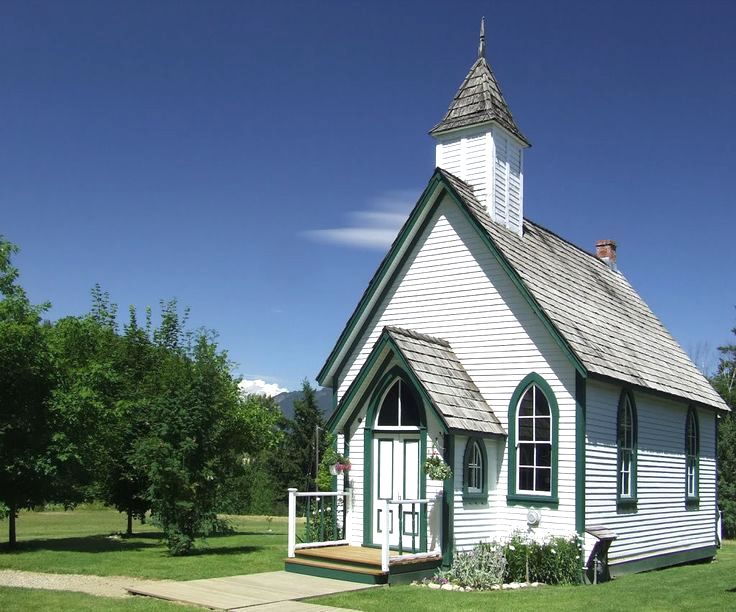
To majestic and sometimes garish . . .
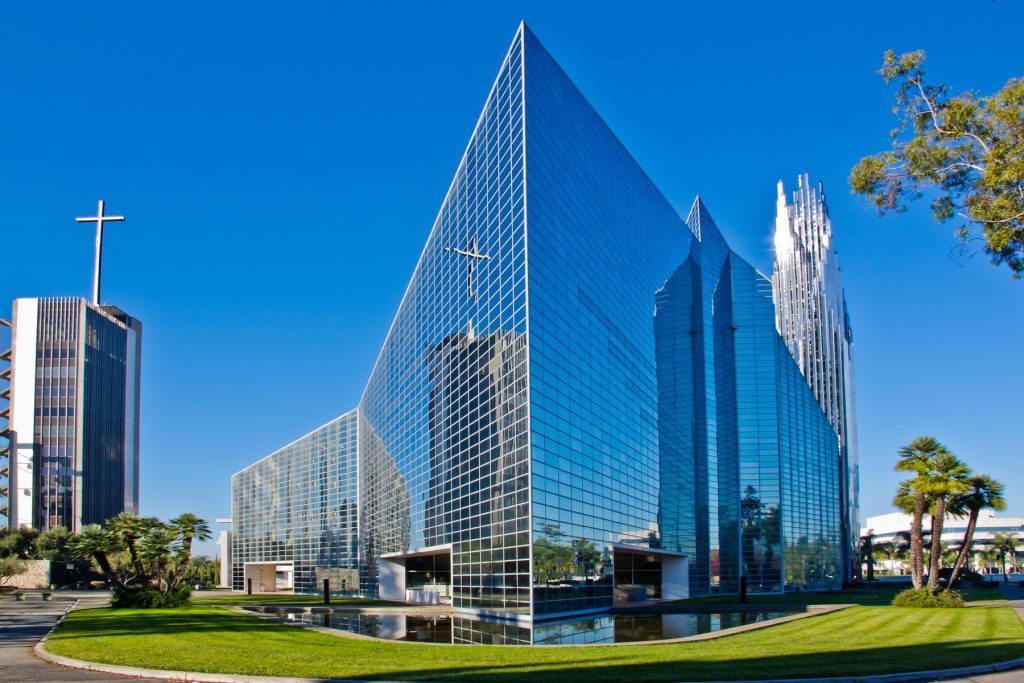
There are churches everywhere!
To make things truly convoluted, while all these churches essentially promote Christian beliefs, there are so many denominations of Christianity, it’s impossible to keep track of them all. Lutheran, Baptist, Catholic, Episcopalian, Church of Christ, 7th Day Adventist, Mormon, Presbyterian, Methodist, Christian Science, on and on.
Then to make things even more disorienting to anyone hailing from the East, in addition to the Christian churches, there are Jewish temples — also with an assortment of subtle shadings, e.g. Orthodox, Reform, Conservative, Reconstructionist, Humanistic, Hasidic, Haredi, Chabad — and then in recent times mosques which serve as the spiritual centers for the flocks who adhere to Islam.
What a menagerie!
It makes Japan look like it’s just at the early stages of ramping up its institutionalization of theology, though in point of fact, the two dominant religions here — Buddhism and Shinto — actually go back respectively about fifteen and thirty centuries. Maybe Japan can’t hold a candle — or stick of incense — in sheer numbers to America, or a country like Thailand, which has over 40,000 Buddhist temples alone, but I can speak from experience: There are still plenty of holy sites, temples and shrines here. Even some Christian churches.
Anyone who’s traveled the globe will tell you that this is the case just about everywhere there are people living in some organized fashion.
The obvious conclusion is that humans like to build places of worship, and to varying degrees visit these places of worship to do whatever it is they do in places of worship.
Yes, there’s worship. But while some people are kowtowing to some statue, idol, entity, ghost, relic, concept, abstraction, surrogate or whatever, others are doing something else. Wishing. Meditating. Fantasizing. Maybe scoping out what others are doing or wearing. What car they drove, what camel they rode in on, who they’re with. These days peaking at their smart phones. Checking their email. Their text messages. Tweeting or looking at their Facebook news feed. Discreetly taking selfies.
Though it’s been quite a while since I attended Catholic services, when I was a boy I had to go to Mass six days a week, thus had more than ample time to observe the devout in their Sunday best or Saturday khakis. And frankly, even back then I don’t remember much real worshipping going on. Yes, a small faction followed along in their prayer books, mouthing the incantations of the priest. But the vast majority were marking time, minds elsewhere, checking their watches. God didn’t seem to mind, or notice. No bolts of lightning ripped thought the ceiling and struck down the inattentive. God is infinitely patient, I’m told by my Bible-toting friends. (Tell that to the victims of Sodom and Gomorrah!)
I occasionally attend services here. Usually at our local shrine which I can walk to in about five minutes. A celebration typically associated with a holiday. It’s mostly a social thing.
People do pray. We each make appeals to invisible higher powers, for the things most of us on the planet desire: Happiness, health, wealth, good fortune, love, maybe marriage, harmonious relationships. There’s that universality again: concerns and values we all seem to share as human beings, regardless of where we have settled down to make a life. Concerns and values expressed in places which we designate for whatever you want to call that “quiet time” we all seem to embrace for addressing something inside us that is outside of us … greater than us … or maybe representing the us we wish we could be. Whether we worship this other or just like to sidle up to it now and then, it’s convenient to have some special designated place — a temple, a mount, a church, mosque, cathedral — to set the mood and provide the proper environment.
Here are just a few shrines and temples within easy bike-riding distance of my house.
Yes, houses of worship are everywhere here in Japan too, but at a much more modest level of ‘everywhere’ than in the U.S., and most certainly not in the over-abundance I now can see is a defining characteristic of my homeland.
It makes me wonder . . .
What exactly are they trying to prove over there? Are they maybe trying a little too hard? To be blunt, it appears all that praying and worshipping isn’t really working very well.
Why would I think that?
Americans like to say: “God is on our side.”
Really? If God truly is, then He must have a very strange sense of humor.
Or a serious mean streak.

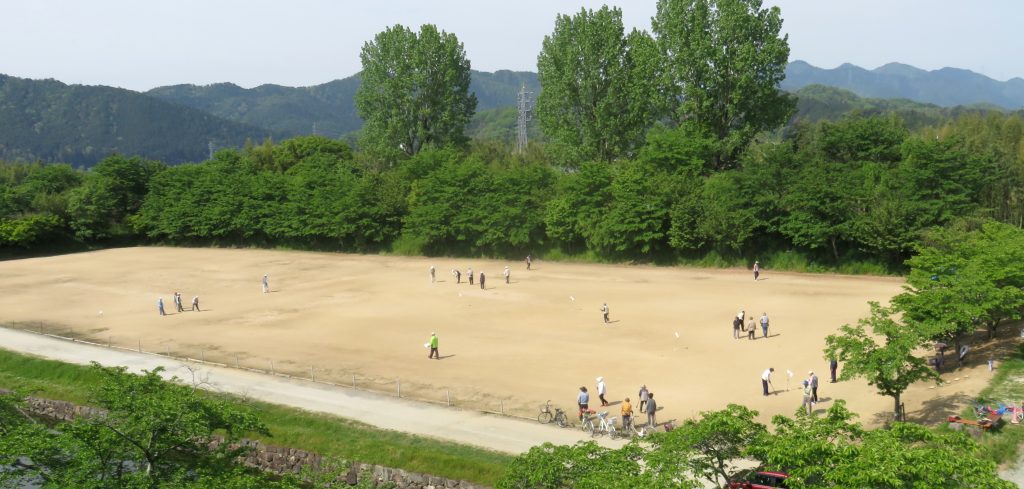



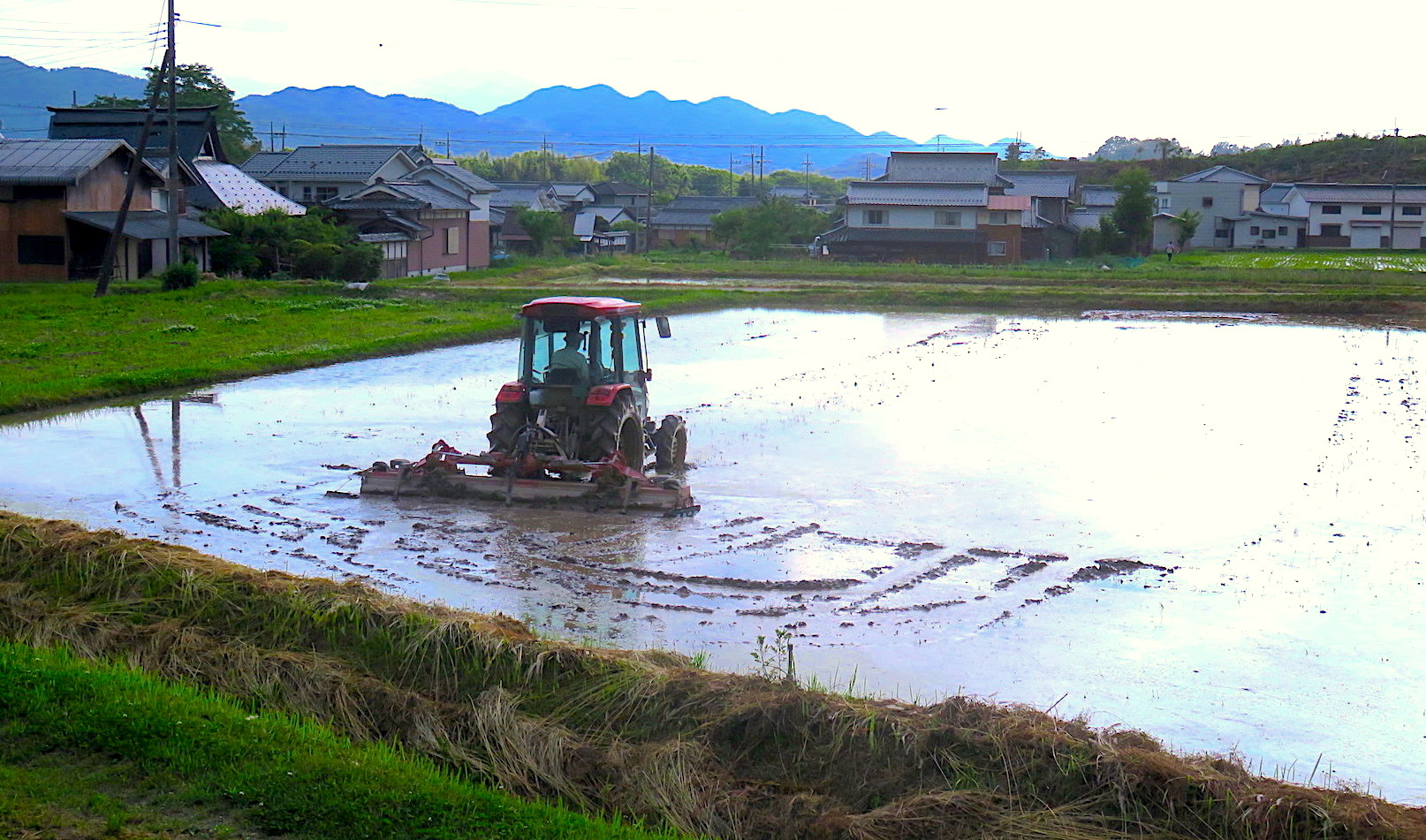


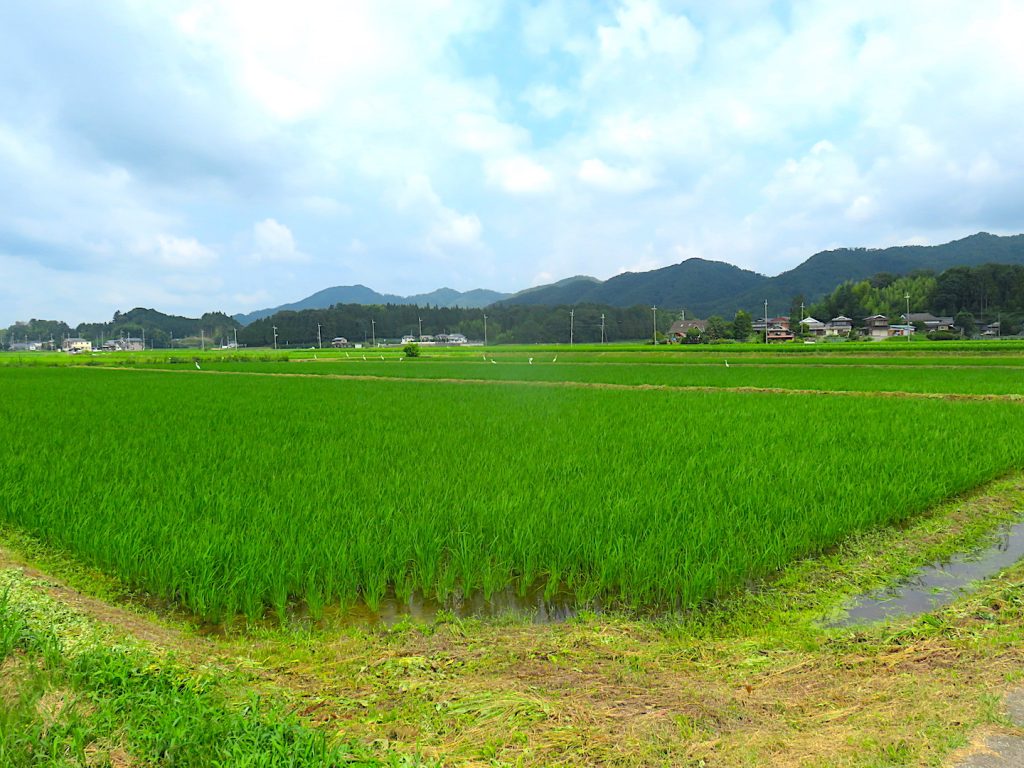
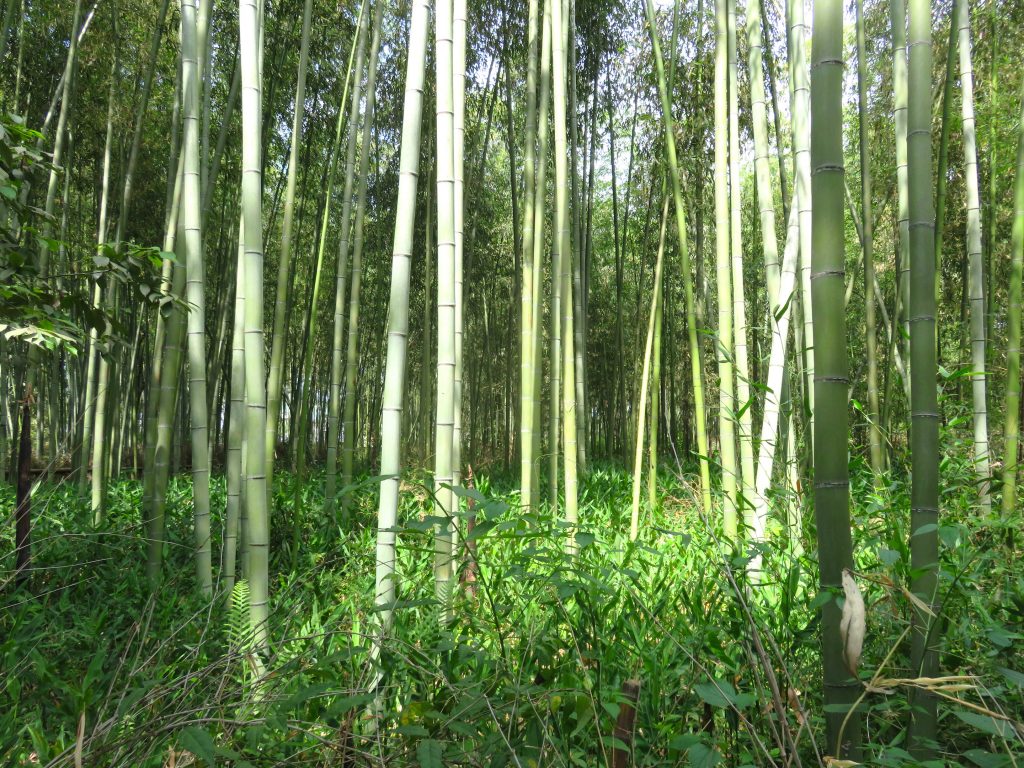
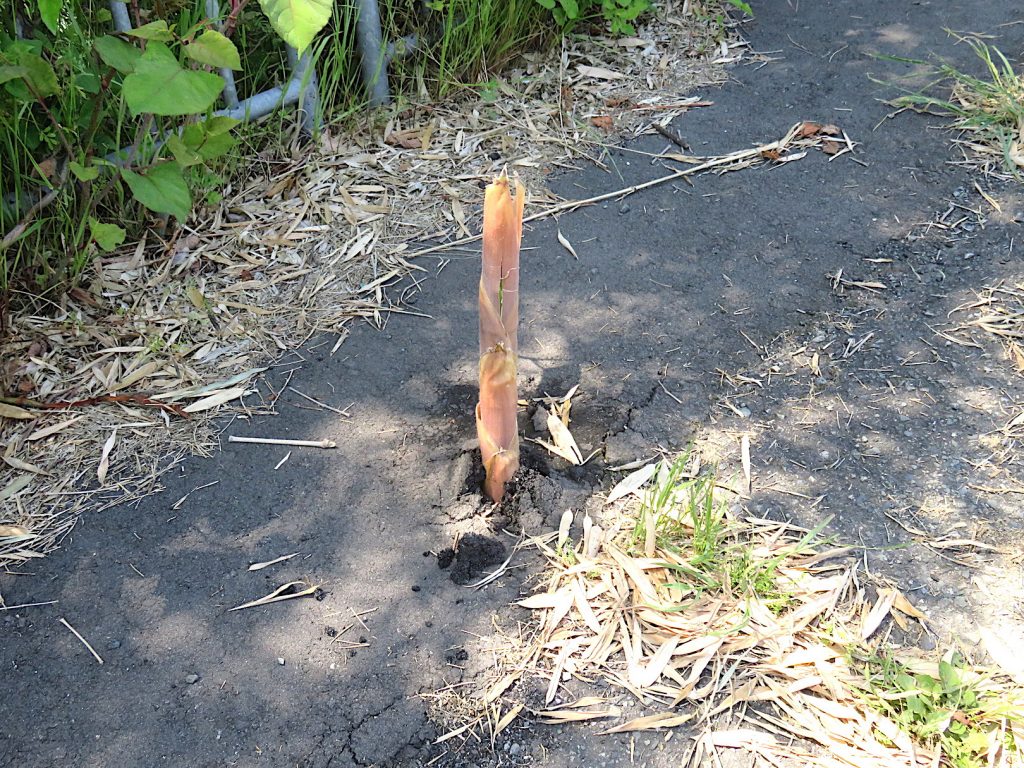




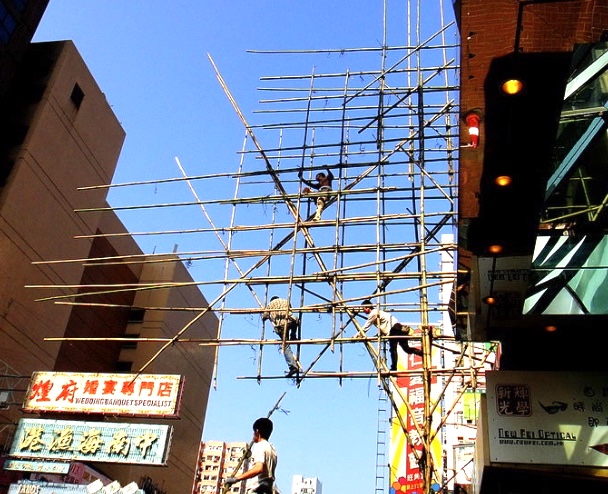


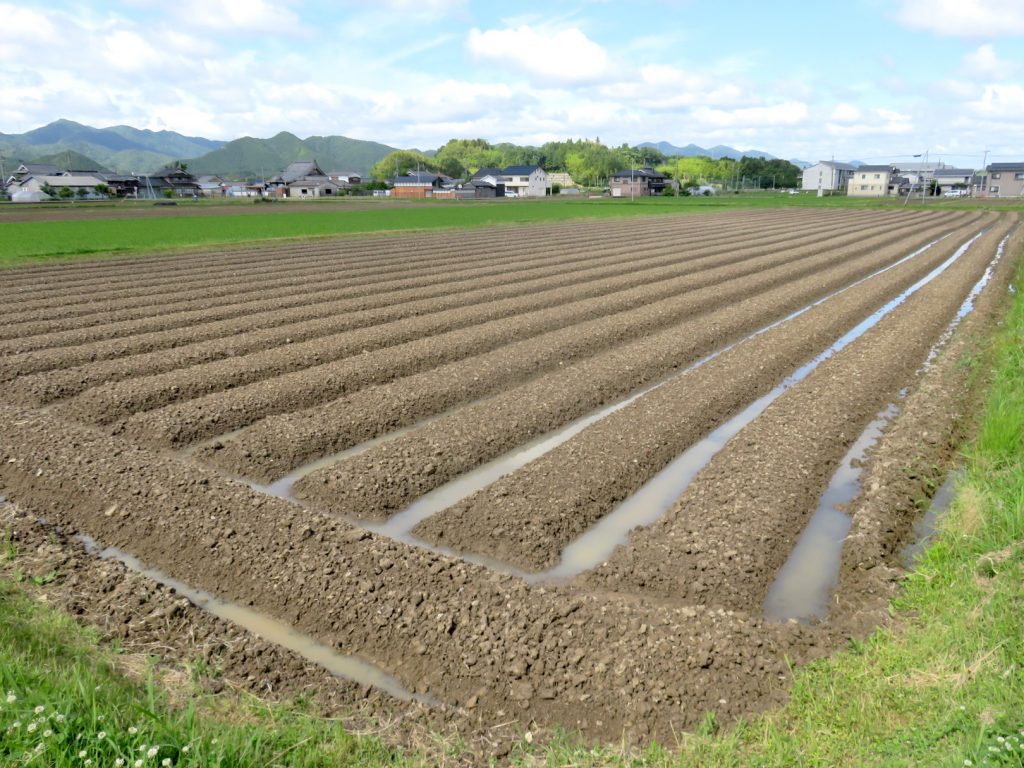
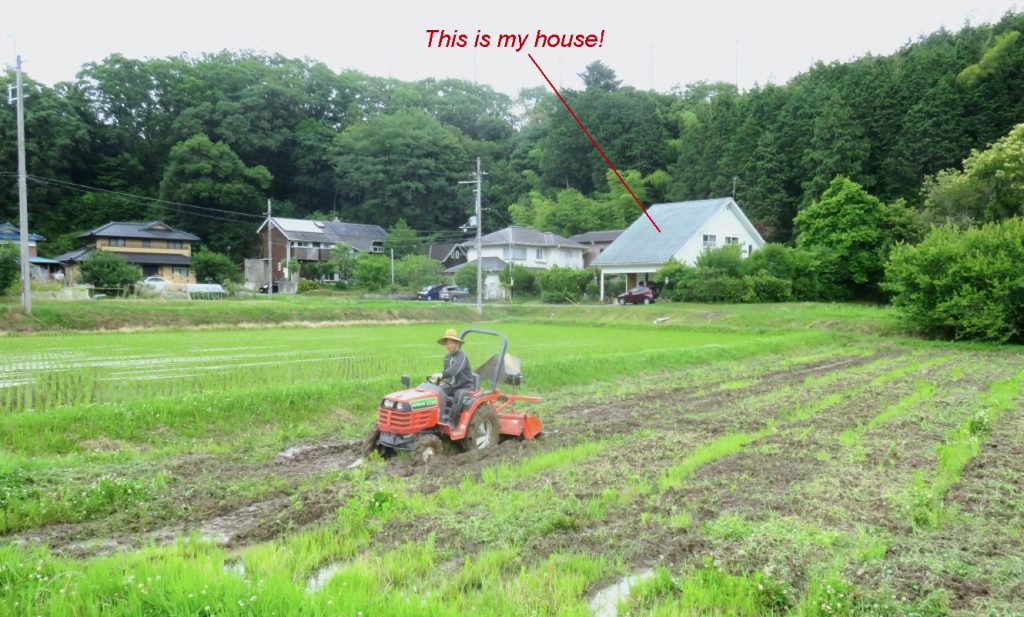
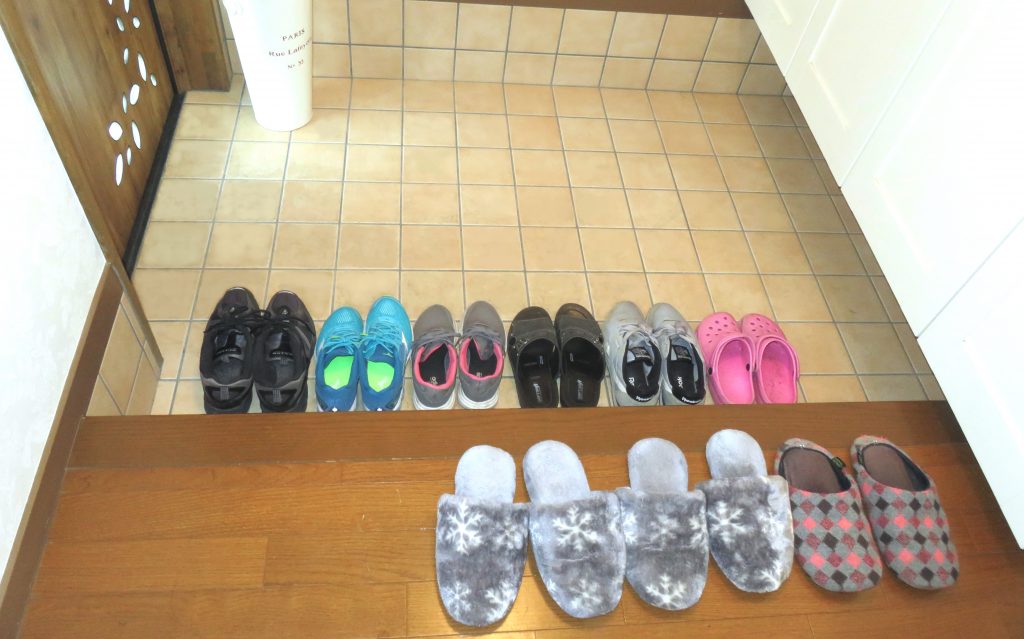



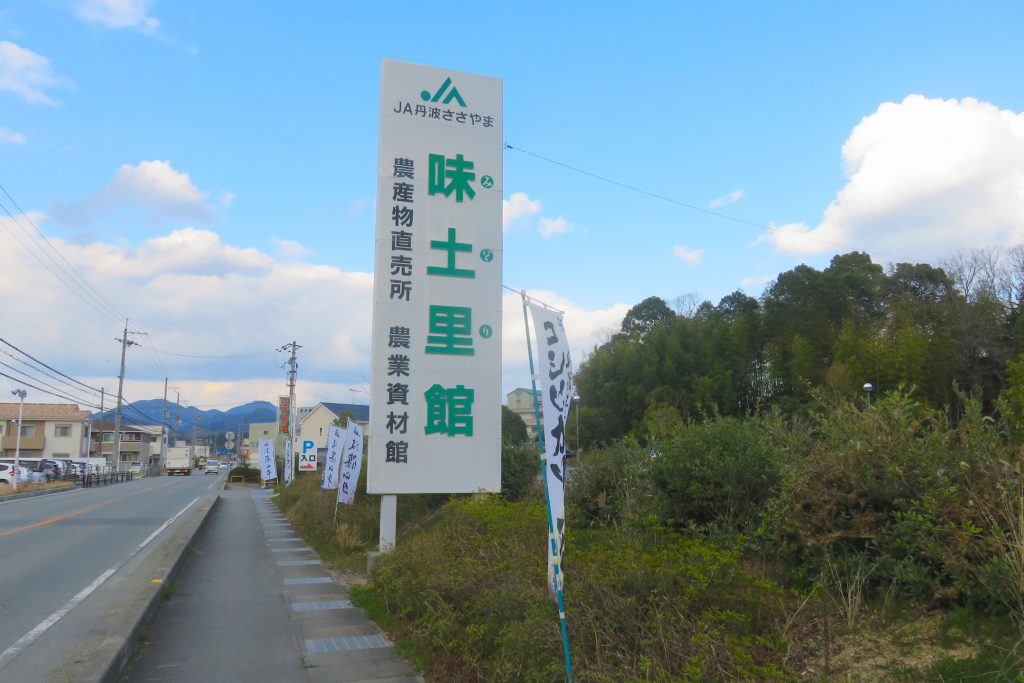
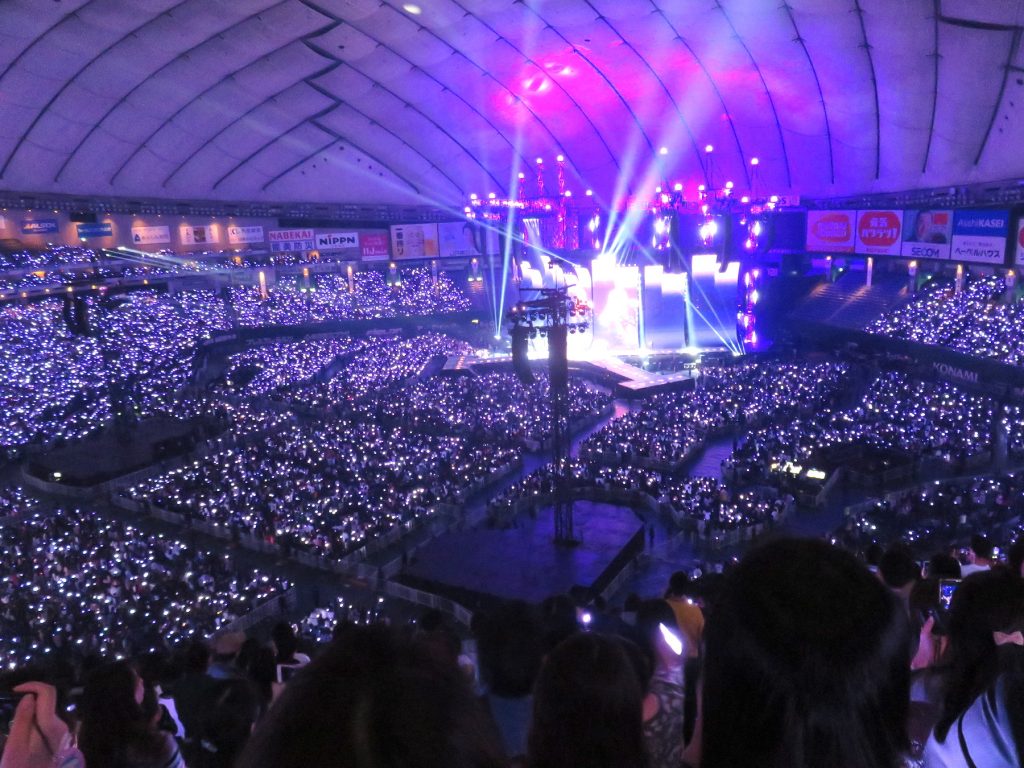
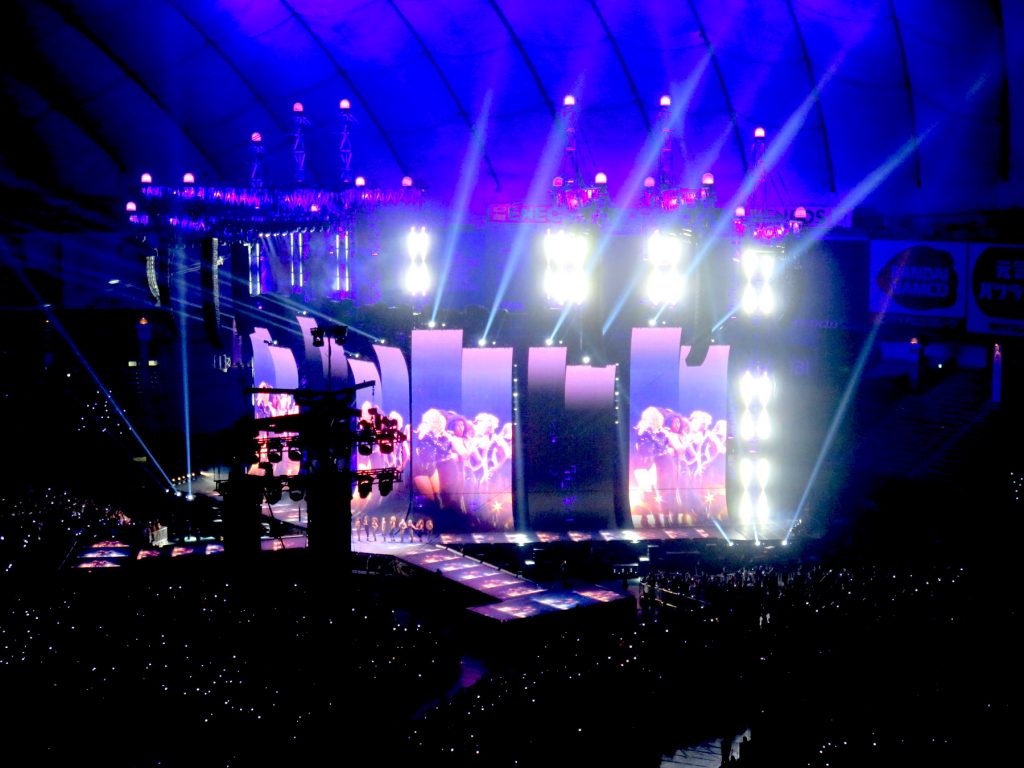




Life In Japan: National Holidays
Coming of Age Day: January 14, 2019, Tokyo, Japan.
Here are the official national holidays and dates for Japan in 2019 . . .
New Year’s Day: Jan 1 (self-explanatory).
Coming of Age Day: Jan 14 (turning 20 means adulthood, so all the new 20-year-olds dress up in kimonos and yukatas and have a party).
National Foundation Day: Feb 11 (a very old celebration going back to 660 BCE when Emperor Jimmu ascended the Chrysanthemum Throne and Japan was born).
Vernal Equinox Day: Mar 21 (yes, the Japanese celebrate the spring equinox!).
Showa Day: Apr 29 (the first holiday on the Japanese calendar commemorating the birthday of the Showa emperor).
Constitution Memorial Day: May 3 (commemorating the inauguration of the current Japanese constitution, back in 1947).
Greenery Day: May 4 (celebrating and expressing thanks for nature and its splendor).
Children’s Day: May 5 (celebrating kids!).
Marine Day: Jul 15 (celebrating the ocean and the sun and the bounty they provide).
Mountain Day: Aug 11-12 (lots of mountains here and they’re honored for contributing to happiness and natural beauty).
Respect for the Aged Day: Sept 16 (the elderly are accorded great respect all throughout Asia, but this day is specially dedicated to honoring them; lots of flowers and cards).
Autumnal Equinox Day: Sept 23 (heading into fall; the harvest after all is a big deal!)
Health-Sports Day: Oct 14 (honoring health, fitness, sports).
Culture Day: Nov 3-4 (people go to museums, also celebrate the post-war announcement of the new constitution, and the birthday of Emperor Meiji).
Labor Thanksgiving Day: Nov 23 (unions march to celebrate labor rights, farmers give final thanks for the harvest, hopefully a fruitful and profitable one).
Notice anything missing? Where are the military parades? Where is the nationalism? The self-aggrandizing political speeches?
Short answer: There aren’t any military celebrations. Maybe honoring the constitution is “political” in a way. It celebrates the political framework of Japan, but I believe without being nationalistic. The birth of the country? Again, it’s about self-respect rather than superiority and “indispensability”.
Most holidays, as is evident, are very innocent, focusing on people and nature. Celebrating mountains? The oceans? The position of the Earth in its orbit around the sun? Old folks? Kids? Adolescents becoming adults? Without getting drunk and hurling bottles at passing motorists? Or eating seven times my body weight in barbecued ribs?
Some westerners might be tempted to sneer and make some snarky remark.
I can’t help but smile and be grateful I’m not hearing war drums, 21-gun salutes, and parades of politicians moralizing about the honor of dying on the battlefield.
I’d rather thank the trees for being so green, the sun for showing up on time.